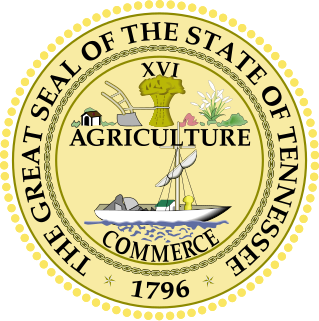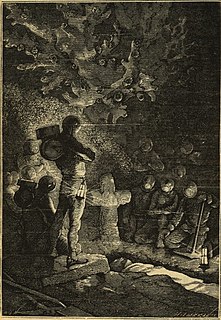Thomas H. Hall was a Congressional Representative from North Carolina; born in Prince George County, Virginia, in June 1773; studied medicine and practiced in Tarboro, North Carolina; elected as a Democratic-Republican to the Fifteenth Congress and reelected to the three succeeding Congresses ; unsuccessful candidate for reelection in 1824 to the Nineteenth Congress; elected to the Twentieth Congress and reelected as a Jacksonian to the three succeeding Congresses ; chairman, Committee on Expenditures in the Department of the Treasury, Committee on Public Expenditures ; resumed the practice of medicine and also engaged in agricultural pursuits; member of the State senate in 1836; died in Tarboro, North Carolina, on June 30, 1853; interment in Macnail-Hall Cemetery, near Tarboro, North Carolina.
Augustine Henry Shepperd was a Congressional Representative from North Carolina; born in Rockford, North Carolina, February 24, 1792; completed preparatory studies; studied law; was admitted to the bar and commenced practice in Surry County, North Carolina; member of the State house of representatives 1822-1826; elected to the Twentieth through Twenty-third Congresses and elected as a Whig to the Twenty-fourth and Twenty-fifth Congresses ; chairman, Committee on Expenditures in the Department of the Navy, Committee on Expenditures in the Department of War, Committee on Expenditures in the Department of State ; unsuccessful candidate for reelection in 1838 to the Twenty-sixth Congress; elected as a Whig to the Twenty-seventh Congress ; chairman, Committee on Public Expenditures ; elected as a Whig to the Thirtieth and Thirty-first Congresses ; declined to be a candidate for reelection in 1850; resumed the practice of his profession; died at "Good Spring," Salem, North Carolina, July 11, 1864; interment in Salem Cemetery.
Adam Rankin Alexander was an American politician who represented Tennessee in the United States House of Representatives.
Jacob C. Isacks was an American politician who represented Tennessee in the United States House of Representatives.
James Coffield Mitchell was an American politician who represented Tennessee in the United States House of Representatives.
John Hartwell Marable was an American politician who represented Tennessee in the United States House of Representatives.
William Claiborne Dunlap was an American politician who represented Tennessee's United States House of Representatives, Tennessee thirteenth district in the United States House of Representatives.
Lewis Condict was a physician, and the United States Representative from New Jersey. He was the 24th President of the Medical Society of New Jersey.
William Swan Garvin was a western Pennsylvania newspaper proprietor who is most widely known for his term as a Jacksonian and Democratic member of the U.S. House of Representatives.
John Bailey was a member of the United States House of Representatives from Massachusetts.
Joel Barlow Sutherland was an American politician who served as the first President of the General Society of the War of 1812 from 1854 to 1861. He was a member of the Democratic Party who represented Pennsylvania in the United States House of Representatives (1827–1837).
Philander Stephens was a Jacksonian member of the U.S. House of Representatives from Pennsylvania.
Mathias Morris was an American politician from Pennsylvania who served as an Anti-Jacksonian and Whig member of the U.S. House of Representatives for Pennsylvania's 6th congressional district from 1835 to 1839.
Joel Yancey was a United States Representative from Kentucky. He was born in Albemarle County, Virginia. Later, he moved to Kentucky. Yancey was a member of the Kentucky House of Representatives 1809-1811. He also served in the Kentucky Senate 1816-1820 and 1824-1827.

Michael Cresap Sprigg was a U.S. Representative from Maryland, brother of James Cresap Sprigg.

John May Taylor was a U.S. Representative from Tennessee.
William Key Bond was a U.S. Representative from Ohio.
John Campbell was a U.S. Representative from South Carolina, brother of Robert Blair Campbell.
Lewis Maxwell was a U.S. Representative from Virginia.
John Benton Sterigere was an American politician from Pennsylvania who served as a Jacksonian Democrat member of the U.S. House of Representatives for Pennsylvania's 5th congressional district from 1827 to 1831.







